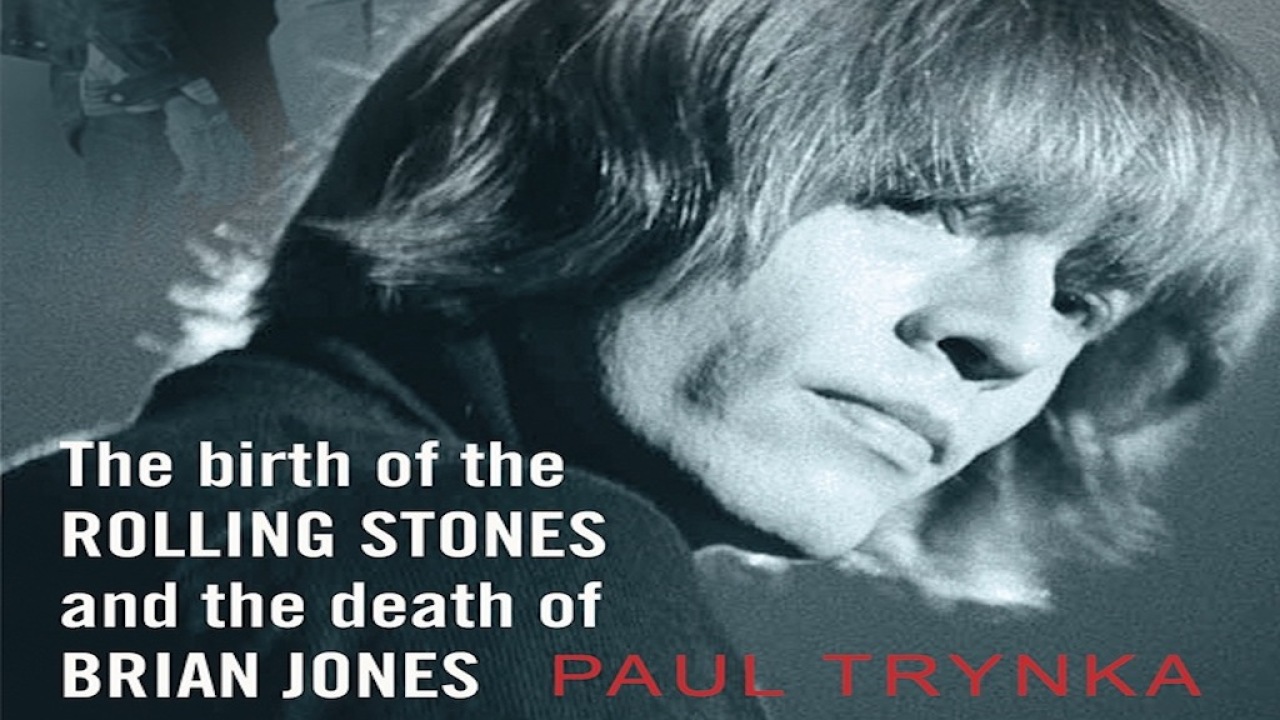History, as they say, is written by the victors. And for the last four decades the formative history of the Rolling Stones has largely been written (or more accurately, imperiously dictated into a series of grateful journalist’s recording devices) by Mick Jagger and Keith Richards. But of course there can be no victory without a counterbalancing defeat and in Rolling Stones history there has been no bigger loser than Brian Jones.
It was apparently a single act of hubris-driven-greed that set a spiral of resentment in motion that eventually sealed the tragic Stone’s fate. As the band’s founding catalyst, Brian Jones (‘duplicitous, but not terribly good at cunning’) thought he should be earning five pounds more than the other Stones. When his fellow founding member – the similarly ill-starred Ian Stuart – found out about Brian’s covert financial double-dealing, the band’s already fragile camaraderie dipped into terminal decline.
Following this pivotal revelation of late 1963, the band’s focal point and creative force was side-lined, excluded from songwriting and duly crushed into a position of hopeless subjugation. Six years later, debilitated physically and mentally by drink, drugs, asthma, police harassment and abject defeat, Jones lost his band and, ultimately, his life.
Wisely Trynka doesn’t get forensic with regards to his subject’s tragic, mysterious demise. For way too long the unsolvable conundrum of Jones’ death has been allowed to overshadow his remarkable and largely undervalued life and achievements. Was he murdered? Probably not. If the death cult of Brian has only helped denigrate his legacy, Trynka’s impeccable book finally redresses the balance. Meticulously researched and packed with original interviews, it’ll overturn all you’ve been previously spoon-fed by ‘the victors’. “Take one, but don’t take both,” Brit-blues godfather Alexis Korner allegedly advised Brian when he originally considered recruiting Dartford duo Mick and Keith to his embryonic Stones line-up. Wise counsel, as it turned out.
The surviving Stones’ position on Brian has steadily slid from “a cat who could play any instrument” to “a kind of rotting attachment”. His pivotal role in the band’s formation and his dauntless spirit of invention (a crucial factor that drove the band’s forward momentum from r’n’b enthusiasts to rock exemplars over the course of his tenure) went virtually unacknowledged in the Stones’ golden anniversary year. Even in death it seems he’s never been forgiven for that fiver.

